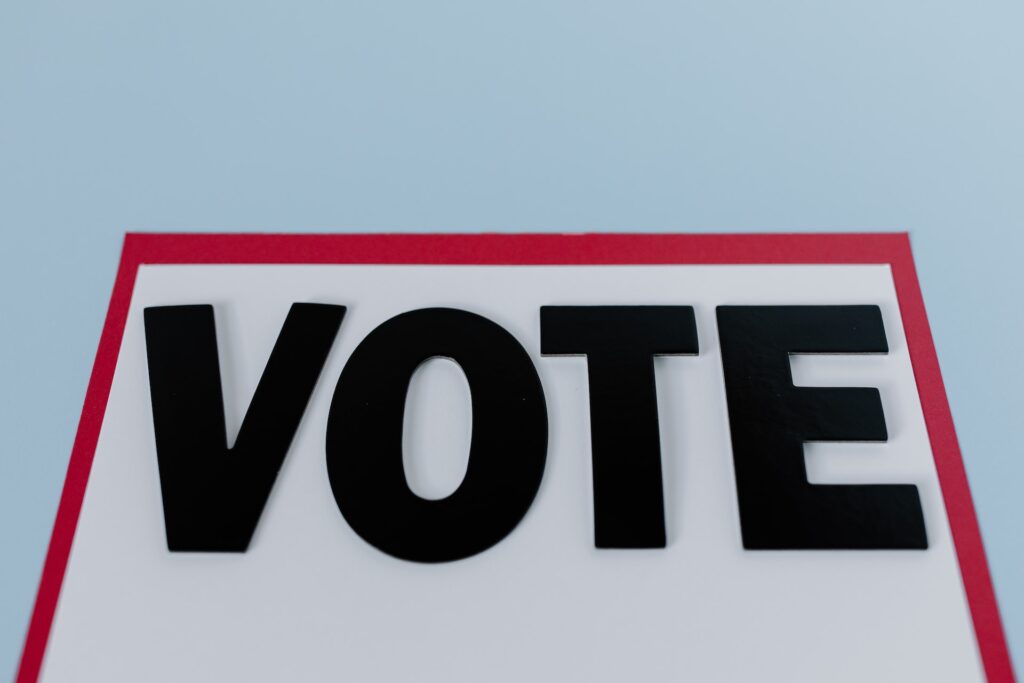What Are Moderate Political Beliefs? Elevator Pitches

A person who can say, “I’m moderate politically,” can look at issues from both sides. They’re distressed by the harsh nature of modern political discourse. But they don’t see themselves as victims. Instead, they see the world around them as complex and important.
They see both sides of complex issues
For most Americans, moderate political beliefs are a given. They are not as vocal or loud as their more extreme counterparts, but that doesn’t mean they aren’t out there. Quite the contrary, legislators routinely ignore moderate viewpoints. Although it’s unlikely they will ever change their minds, a few wise words may be just the ticket. Moreover, a few moderately educated voters could go a long way in changing the course of history. This is the ideal time to introduce these people to the ways of the world before they get too entrenched in their little fiefdom.
Aside from their party affiliations, many moderates share a similar outlook on life. They are less interested in political anger than in preserving a few social lubricants. Similarly, they are more interested in winning or losing than in improving their kids’ quality of life. In short, moderates have a more optimistic outlook on life than their more extreme counterparts.
They’re distressed by the harsh nature of modern political discourse
A new Third Way thinks tank poll found two distinct groups of voters. The first group is sometimes called moderates, who tend to be on the moderate side of the aisle on issues like immigration.
The second group is comprised of liberals, aka the other half of the spectrum. This group, while not as numerous as its conservative counterparts, represents a sizable chunk of the electorate. They are engaged and are often the discerning vote.
The poll also found that moderates tend to be more likely to believe in the scientifically validated notion that government can play an essential role in providing equal opportunity for all. Those that were more reticent in their stance on the topic are far more likely to consider that the government could be too much of a good thing. And even though they tend to lean towards the left on issues about foreign policy, they are far less likely to fret over what could be the next terrorist attack on American soil.
They don’t see themselves as victims
A major segment of the American electorate is a group of voters that have never been accurately represented by any survey or poll and who don’t fit into the categories of liberals or conservatives. These voters are called moderates. This term has gained a considerable amount of publicity. The result is that voters, both Democrats, and Republicans, are unsure what to make of the moderate political beliefs of this upcoming 2020 election.
A recent Third Way poll commissioned by a Democratic think tank shows that a significant portion of the electorate is not a part of either the right or left. Researchers found that more than one in five voters are “moderate” and represent a significant proportion of the overall population.
They are not disengaged, as many people believe, but are frustrated by the harsh nature of today’s political discourse. Moderates also see both sides of complex issues. For example, a significant percentage of moderates disagree with the notion that the “deck is stacked against people like me.” Still, they believe that the government should play a role in equal opportunity.
They avoid political conversations because they’re too divisive
An emerging segment of the American electorate goes beyond the left or right wing of the political spectrum. This group is called the moderates. Moderates are concerned about the structure of our government and its role in helping create an equal-opportunity society. They do not support radical or extreme viewpoints and avoid partisan politics as much as possible.
A recent poll from the Third Way found that the moderate vote is a significant portion of the electorate. It is a larger group than the liberal or conservative vote. The results provide a roadmap for both parties to reach this critical demographic.
When it comes to the political discourse in our country, a recent survey found that many people avoid political discussions because they are too divisive. More than a quarter of Americans believe that the “deck is stacked against people like me.” However, the poll also showed that most moderates see both sides of a complex issue. These results prove that the moderates do not view themselves as victims, and they are not ill-informed.


